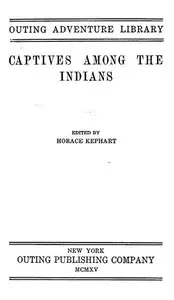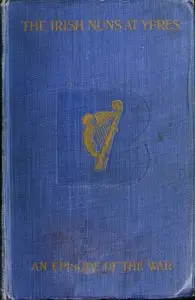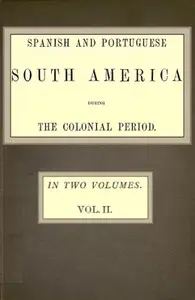"With Our Soldiers in France" by Sherwood Eddy is a story from World War I that shares what it was like for American soldiers in France, showing their everyday lives and the problems they faced. Through stories, Eddy looks at the hard things the soldiers had to deal with, but also the questions of right and wrong that come up during war. At the beginning, the book paints a picture of what it was like at the front in Flanders, with all the sounds of war and the destruction all around. As Eddy talks to different soldiers, their stories show how tough things were for them physically and emotionally. This makes it a touching story about soldiers giving up things for each other, the beliefs that keep them going, and the friendships they made. Eddy's story honors their bravery and calls into question the moral issues and the consequences of war.

With Our Soldiers in France
By Sherwood Eddy
Amidst the chaos of World War I, witness the poignant journeys of American soldiers in France as they grapple with sacrifice, faith, and the harsh realities of battle.
Summary
About the AuthorGeorge Sherwood Eddy (1871–1963) was a leading American Protestant missionary, administrator and educator. He was a prolific author and indefatigable traveler. His main achievement was to link and finance networks of intellectuals across the globe, especially Christian leaders in Asia and the Middle East. He enabled missionaries to better understand and even think like the people they were serving. His long-term impact on the Protestant communities in the United States, and in the Third World, was long lasting. From the 1930s onwards, he became a Christian socialist.
George Sherwood Eddy (1871–1963) was a leading American Protestant missionary, administrator and educator. He was a prolific author and indefatigable traveler. His main achievement was to link and finance networks of intellectuals across the globe, especially Christian leaders in Asia and the Middle East. He enabled missionaries to better understand and even think like the people they were serving. His long-term impact on the Protestant communities in the United States, and in the Third World, was long lasting. From the 1930s onwards, he became a Christian socialist.














